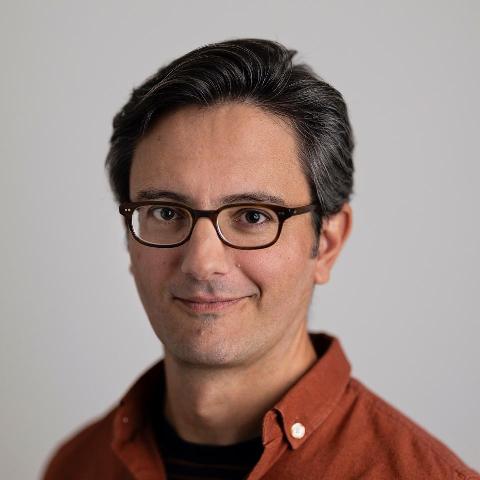Giosuè Baggio

Norwegian University of Science and Technology, Trondheim
Meaning and grammar in a parallel architecture for language processing
In this talk I will introduce a novel cognitive and computational architecture for human language processing. The architecture features parallel streams for meaning and grammar, drawing from a shared mental lexicon and contributing concurrently to incremental updates of a discourse model. Intermediate representations are generated independently within each stream, resulting in a range of possible interactions between meaning and grammar — from dominance and redundancy to competition and conflict. I will discuss linguistic phenomena illustrating these different interactions and present experimental results corroborating the architecture’s processing consequences. I will then describe a computational model that aligns with experimental results and that demonstrates the importance of intermediate representations. I will conclude with some considerations on how the theory reconciles two key principles in linguistics — compositionality and context — and the traditions that build on them.
Bio:
Giosuè Baggio is professor of psycholinguistics at the Norwegian University of Science and Technology. He has a background in philosophy, logic and cognitive neuroscience. His research focuses on human language processing, particularly semantics beyond single words and syntax-semantics interface phenomena. His broader interests include logical reasoning and the logicality of language, music cognition, language development and evolution, and metascience.
Dieuwke Hupkes

Meta AI Research, Paris, France
Generalisation in LLMs and Beyond
“Good generalisation” is often mentioned as a desirable property for NLP models. For LLMs, in the light of the sheer training corpora, among other things, it becomes more and more challenging to understand if our models generalise, and how important that still is. In this presentation, I briefly discuss generalisation in NLP on a higher level, and then move on to discussing it specifically for LLMs. What types of generalisation are still important, how would we evaluate it, and is it possible to evaluate it independently from the training corpus? I will – hopefully – answer some of your questions, but also raise a lot more!
Bio:
Dieuwke Hupkes is a research scientist at Meta. Among other things, she works on better understanding how (large) language models generalise, what they (don’t) understand and what that even means, and more generally on how they can reasonably be evaluated. She is excited about the new opportunities such models bring us and the new scientific challenges that go hand in hand with that.